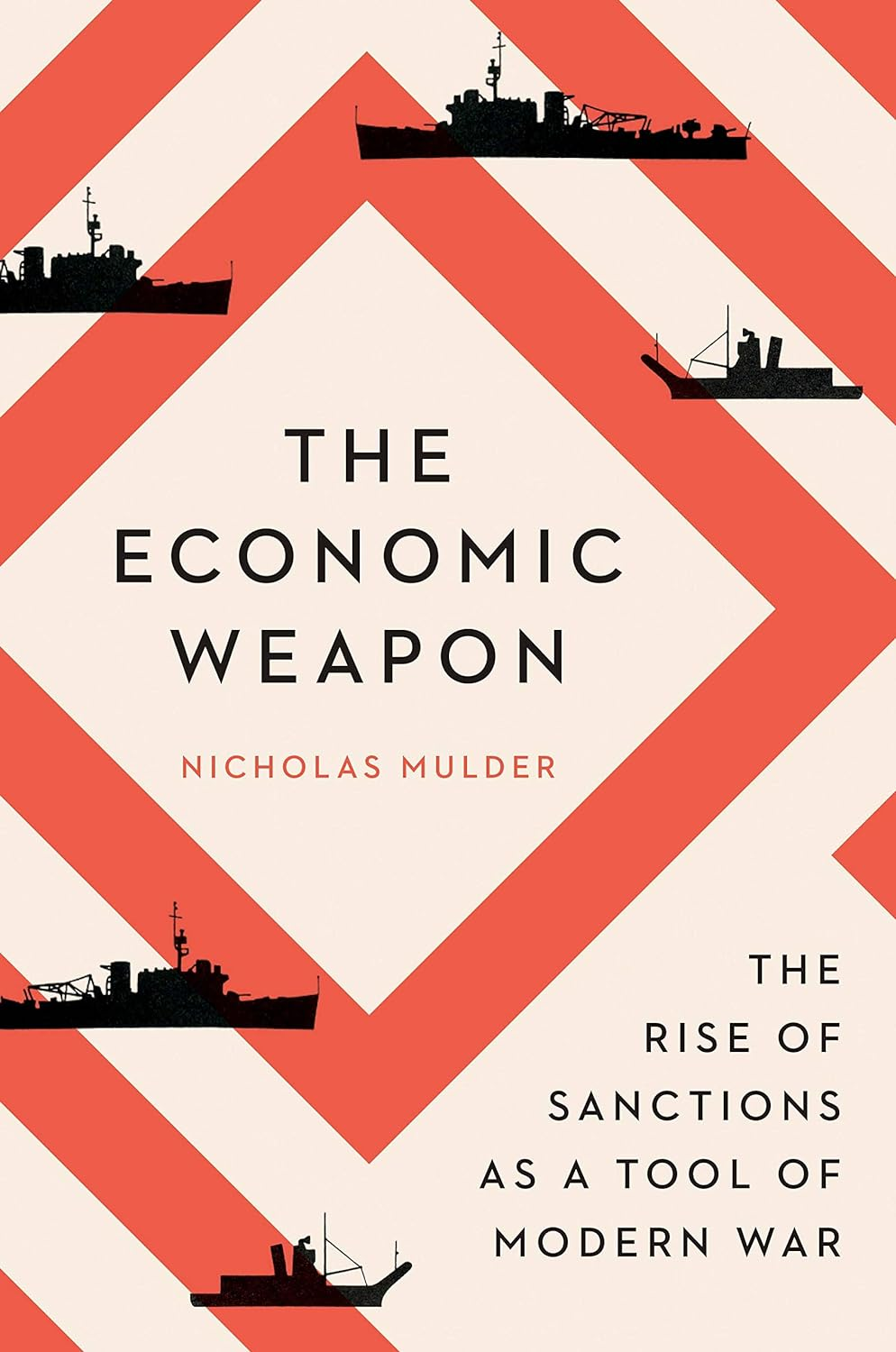Just as they were a century ago, the crucial dilemmas of sanctions are the dilemmas of liberalism. Is the world better off when countries are interdependent with each other than when they hold themselves aloof? How far do you go in cutting countries out of the world economy when they turn to conquest, or look to spread illiberalism? Is the economic weapon really so much better than the military one?
International economic coercion is the dark shadow cast by the global liberal economy. Sanctions would not be nearly so effective in a world where liberalism had not won. Isolation from global trade and finance are painful precisely because they are so intertwined with the workings of national markets. In a world of complex supply chains spanning dozens of countries, and global financial systems that are woven into the warp and woof of local banking relations, it is impossible to tell where the domestic economy ends and the international economy begins.
Liberal proponents of sanctions have argued that they might create a better world. The historian James Sheehan chronicles how 19th century liberals described the Prussian state as “the spear that heals as well as wounds.” The economic weapon too was supposed to make the world whole through the threat of harm. Yet, at least in the interwar period, it did more wounding than healing.
In the 21st century too, the economic weapon may inflict wounds that cannot heal. Lord Curzon has long since fallen to dust and bones, but the cries of hundreds of thousands in Afghanistan, threatened by sanctions-induced starvation, seem nearly as hard for modern policymakers to hear as they were a century ago. Once the machinery of sanctions has become fully established, it provides its own justifying logic. It’s hard for politicians to see how to do without them, even as they deplore what seem to them to be unintended side effects of good policy.
Sanctions are often unpredictable in their consequences. To take a relatively small example, when the United States designated the Russian oligarch Oleg Deripaska’s aluminum giant, Rusal, it did not anticipate how this might compromise the economy of its West European allies. More seriously, American policymakers do not know how Russia will respond to sanctions. Like the authoritarians of the 1930s, Putin and those around him are not liberals in the economic sense of the term. They do not necessarily think about their best interests in calculating terms, weighing up punishments against rewards. Instead, they have their own narratives of Western perfidy and betrayal, of the need to secure themselves against values and institutions that are largely inimical to their own. They might indeed fold, as they see the forces arrayed against them. Alternatively, like Hitler’s Germany, they might see sanctions as an “existential threat … requiring a military response … initiating [what one of Nazi Germany’s] historians has called ‘a spiral of insecurity whose end could not be foreseen.’”
